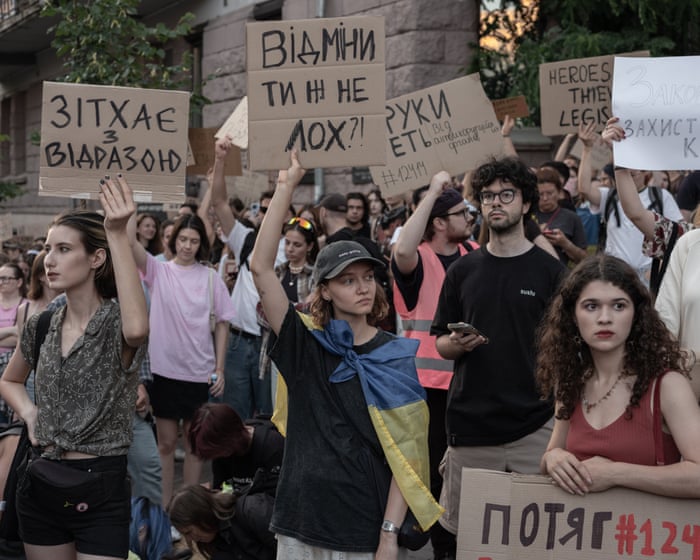Czechs are voting in an election that could remove their center-right government from power. Polls suggest populist billionaire Andrej Babiš is likely to return as leader, promising higher wages and stronger economic growth while cutting aid to Ukraine.
A victory for Babiš would strengthen Europe’s populist, anti-immigration movement and might make it harder to reach agreement on climate policies in the Czech Republic, where no government has been re-elected since 1996.
Voters have faced sharp inflation following the COVID-19 pandemic and Russia’s invasion of Ukraine, along with a slow recovery from one of Europe’s steepest declines in real incomes. This has hurt the popularity of Prime Minister Petr Fiala’s Spolu coalition and its liberal partners, who prioritized reducing the budget deficit.
On Friday morning, candidates made final appeals to voters. Babiš handed out doughnuts in the industrial city of Ostrava.
Babiš, an ally of Hungary’s Viktor Orbán in the European Parliament’s Patriots for Europe group, has taken an ambiguous position on aid to Ukraine. This contrasts with Fiala’s government, which firmly backed Kyiv after Russia’s 2022 invasion.
Although the Czech Republic provided less financial aid than some countries, it was among the first to send tanks and armored vehicles. It also launched the “Czech initiative,” bringing together traders and defense officials to source millions of artillery shells for Ukraine with Western funding.
Babiš has vowed to stop the ammunition project, calling it too expensive, and wants NATO and the EU to take responsibility for Ukraine. “We don’t have money here for our own people. Our program is for a better life for Czech citizens… We are not in Ukraine,” the 71-year-old said during a CNN Prima News debate on Wednesday.
Polls indicate Babiš’s ANO party could win over 30% of the vote, about 10 points more than Fiala’s Spolu coalition. Even with support from a small ally called Motorists, ANO is unlikely to secure a majority in the 200-seat lower house.
Because of ANO’s strained relations with Spolu and its partners, Babiš may need backing from anti-EU and anti-NATO fringe parties—the far-right SPD and far-left Stacilo!—to form his preferred one-party government.
Babiš has ruled out any moves to leave the EU or NATO, including holding referendums, rejecting accusations from the current government that he would steer the country away from its democratic, pro-Western path.
At a recent Babiš rally near Prague, entrepreneur Martin Klihavec, an ANO voter, said, “This fearmongering will scare many voters, but that’s a shame because it’s not true. Under Babiš’s last government, I was better off.”
Babiš still faces obstacles to becoming prime minister. As the owner of a chemicals and food conglomerate, he must find a way to comply with conflict-of-interest laws. He is also on trial for fraud related to an EU subsidy received over 15 years ago, charges he denies.
Spolu and its allies could keep their majority if smaller parties fail to reach the 5% threshold to enter parliament—a situation that helped them last time but is considered unlikely to happen again, according to pollsters.
Voting continues until 10 PM local time (8 PM GMT) on Friday and from 8 AM to 2 PM on Saturday, with results expected later that day.
Frequently Asked Questions
Of course Here is a list of FAQs about Czechs voting in an election that could bring a populist leader back to power with clear and direct answers
Basic General Questions
1 Who are Czechs voting for in this election
Czechs are voting for the members of their national parliament the Chamber of Deputies The political parties that win the most seats will then form a government and choose a prime minister
2 What is a populist leader in simple terms
A populist leader is a politician who claims to represent the common people against a corrupt or outoftouch elite They often use simple emotionally charged slogans and promise easy solutions to complex problems
3 Why is this election getting so much international attention
This election is being watched closely because its outcome could shift the Czech Republics foreign policy particularly its strong support for Ukraine against Russia and its alignment with the European Union
4 When is the election happening
Czech parliamentary elections are typically held every four years You would need to check the official state calendar or news sources for the exact date of the upcoming election
Policy Impact Questions
5 What are the main issues being debated in this election
Key issues include the cost of living and inflation the countrys energy security its stance on the war in Ukraine and its relationship with the European Union
6 How could a populist government change the Czech Republics support for Ukraine
A populist government might reduce or stop military and humanitarian aid to Ukraine arguing that the money should be spent on domestic issues They often promote a narrative of peace through negotiation even if it means concessions to Russia
7 What might change in the Czech Republics relationship with the EU
A populistled government could become more critical of the EU challenging its policies on migration green energy and shared sovereignty They might emulate the more confrontational style of countries like Hungary or Slovakia
8 Are there economic risks with a populist leader
Yes there can be While they may promise immediate financial relief their policies can sometimes lead to economic instability higher national debt or strained relations with international partners and investors
Practical Voting Questions
9 Who is eligible to vote in the Czech Republic
Any Czech citizen who is at least 18 years old on the



